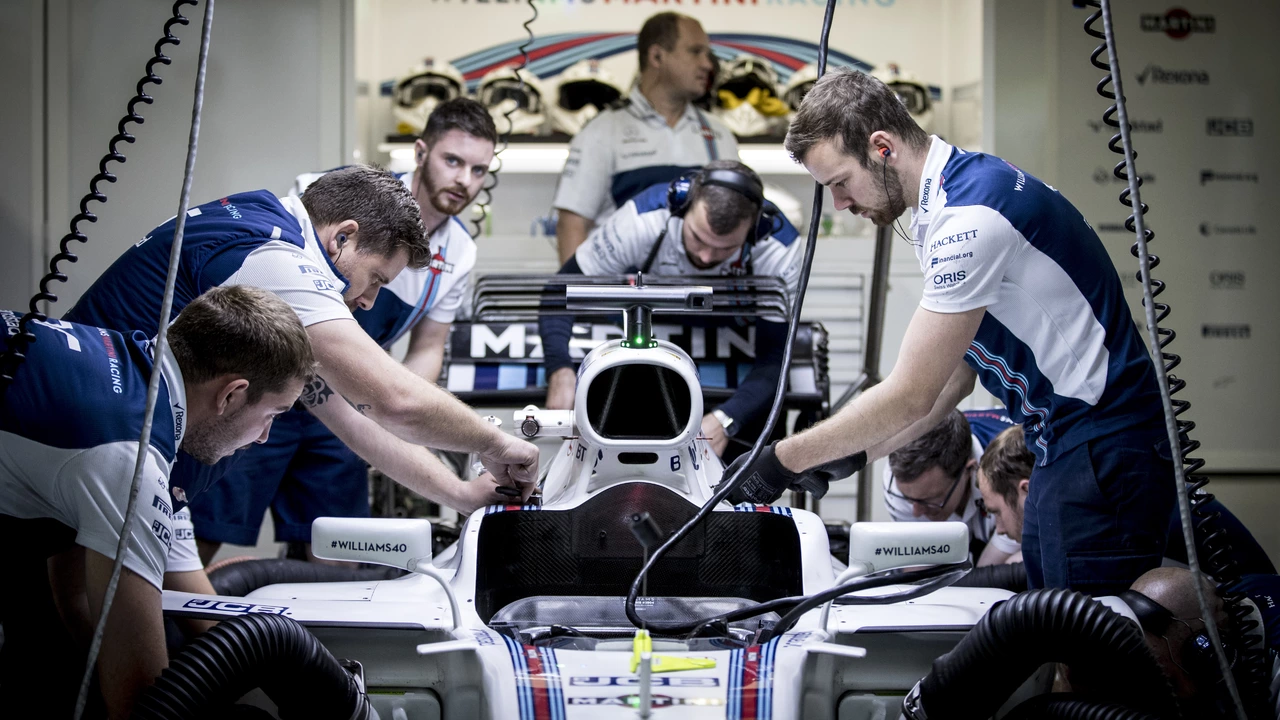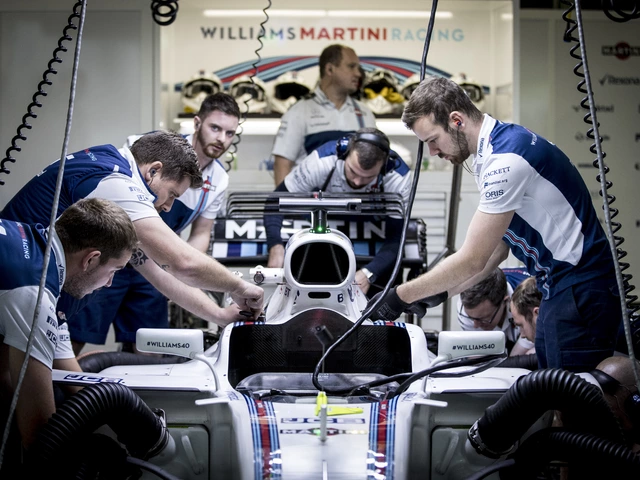Getting a Job in Motorsports Made Simple
If you’re scrolling through endless job boards and still feel stuck, you’re not alone. The good news? You don’t need a magic formula – just a few straightforward actions that actually move the needle.
Polish Your Resume for Speed Jobs
First off, cut the fluff. Recruiters skim in seconds, so put the most relevant experience at the top. If you’ve worked on a local karting team, list the role, the specific tasks (like engine tuning or data analysis), and any measurable result – "reduced lap time by 0.3 secs" reads better than "helped improve performance."
Use keywords from the job ad. Phrases like "vehicle dynamics," "trackside support," or "sponsor liaison" should appear naturally. A quick copy‑paste of the ad’s bullet points (re‑phrased) tells the hiring manager you speak their language.
Network Like a Racer
Motorsports is a tight‑knit community. Attend track days, local meet‑ups, or even virtual webinars. When you meet someone, ask a genuine question about their work – people love to talk about their projects. Follow up with a short email: mention where you met, a quick recap of the conversation, and attach your streamlined resume.
Don’t forget social media. LinkedIn groups for "UK Motorsport Professionals" are full of hiring managers posting hidden gigs. Comment on posts, share a short video of you explaining a recent technical fix, and watch the connections grow.
Another low‑cost hack: volunteer at a race event. You get hands‑on experience, meet the crew, and often see a full‑time slot open up later. It’s a proven path many mechanics and engineers took.
Finally, prepare for interviews with real‑world scenarios. Instead of vague answers, talk about a specific problem you solved – like how you diagnosed a misfire during a timed session and got the car back on track in 15 minutes. Recruiters love concrete stories.
Landing a motorsports job isn’t about luck; it’s about showing you can deliver speed, precision, and teamwork. Follow these steps, stay consistent, and you’ll see those interview calls start rolling in.
 12 July 2023
12 July 2023
What do you have to do to get a good job in motorsport?
Securing a good job in motorsport requires a mix of passion, knowledge, and skills. First and foremost, you need to have a deep understanding of the sport, including its technical aspects. Developing relevant skills, such as mechanical or engineering knowledge can be crucial. Networking is also key, as this industry often operates on who you know. Lastly, gaining experience through internships or volunteering at events can give you a leg-up in this competitive field.
Latest Posts
-

US Tech Giants Commit $30 Billion to UK AI Infrastructure in Landmark Tech Prosperity Deal
-

Chelsea 3-0 Barcelona: Blues Crush Catalans with Blistering Attack at Stamford Bridge
-
Where is heat vital in motorsport racing and its countermeasure?
-

Sexy Hot Escort Paris: What You Need to Know Before You Go
-

What do you have to do to get a good job in motorsport?
0